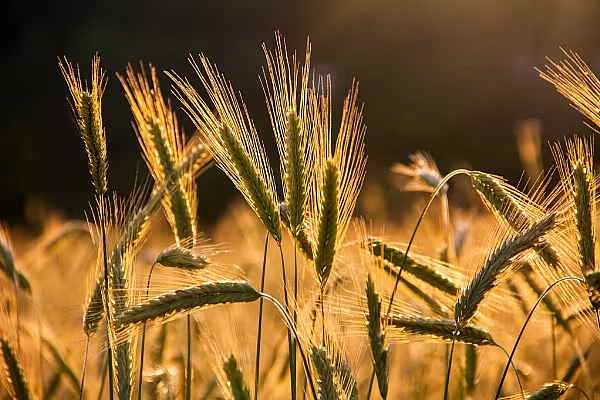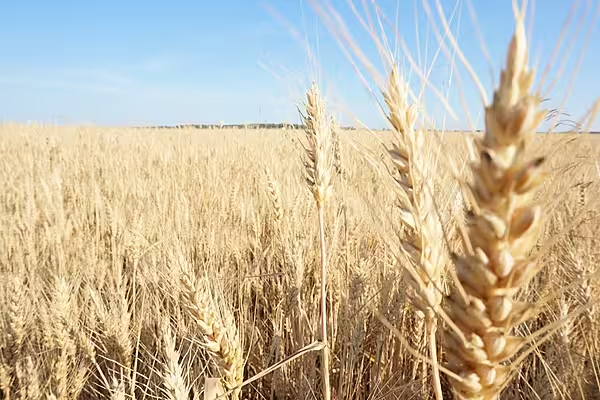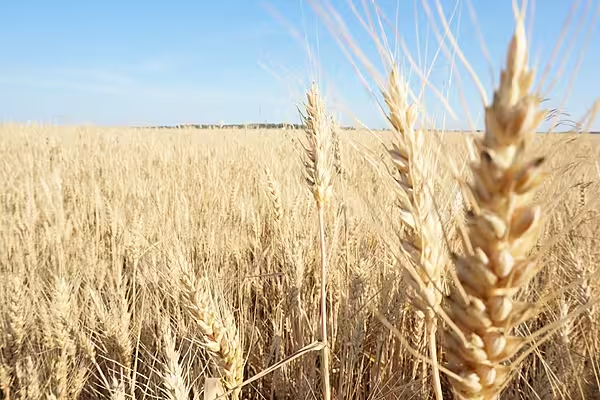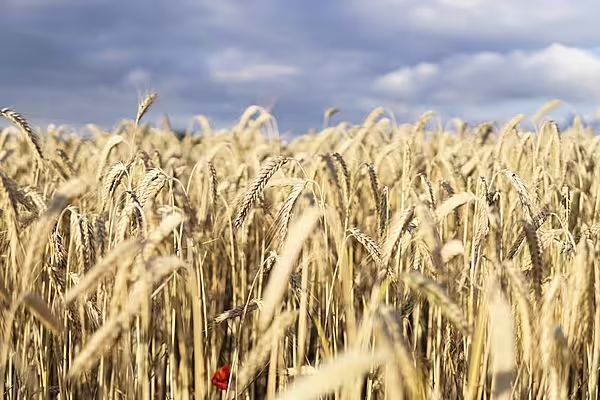Warm weather has helped European Union farmers make progress in sowing grains for next year's harvest, with the area devoted to wheat and winter barley expected to be similar to this year, but rapeseed perhaps a little lower, analysts said.
Dry conditions, however, remain a risk to planting and crop development, particularly in Spain, Romania and Bulgaria, while new biodiversity requirements for EU subsidies may also sway farmers' crop decisions.
In France, the EU's biggest crop producer, a warm spell marked by record temperatures for October has helped field work.
"Sowing conditions are really good. We're lucky to have this mild, dry weather to carry out seeding," said Benoit Pietrement, a farmer and head of the grains committee at farming agency FranceAgriMer.
Sowing of soft wheat was 17% complete last week, against 3% a week earlier and ahead of the five-year average, FranceAgriMer data showed.
Winter barley seeding was also ahead of the average pace.
Low Water Reserves
A shift to cooler, wetter weather from this weekend should help soil moisture, though low water reserves remain a concern for the growing season.
Two-thirds of France's groundwater reserves were below-normal at the end of September, a deterioration from August and bucking the usual trend of reserves starting to recover after summer, French geological office BRGM said.
In Germany, the EU's second-largest grain grower, winter grain and rapeseed sowing was nearing an end.
“We had some areas of dryness, especially in south Germany in past weeks, but for me the national picture is satisfactory,” a grains analyst said.
Early indications suggest winter wheat, rapeseed and barley areas will be little changed.
'Reduction In Sowings'
“We could see a reduction in sowings of lower priced grains like rye, which could see the area spread among wheat, rapeseed and barley,” the analyst said, adding rapeseed plantings may fall slightly due to recent unattractive prices.
Lower prices could also cut rapeseed sowings in Poland, said Wojtek Sabaranski of analysts Sparks Polska.
“It is very likely that Polish farmers reduced the acreage planted to winter rapeseeds for the 2024 harvest, from about 1.1 million hectares in the 2023 harvest to about 950,000-980,000 hectares, mostly due to their dissatisfaction with rapeseed prices,” Sabaranski said.
Winter wheat sowing is in progress in Poland in favourable weather, with Sparks Polska anticipating the area could at least reach the level in this year's harvest, he added.
For the EU as a whole, weaker prices may curb the rapeseed area after a five-year high in 2023, despite signs sowing in France may hold steady.
For soft wheat and winter barley, analysts Strategie Grains said initial trends pointed to a slight rise in area for next year, but with incoming EU rules on crop rotation and fallow land set to limit overall planting.














